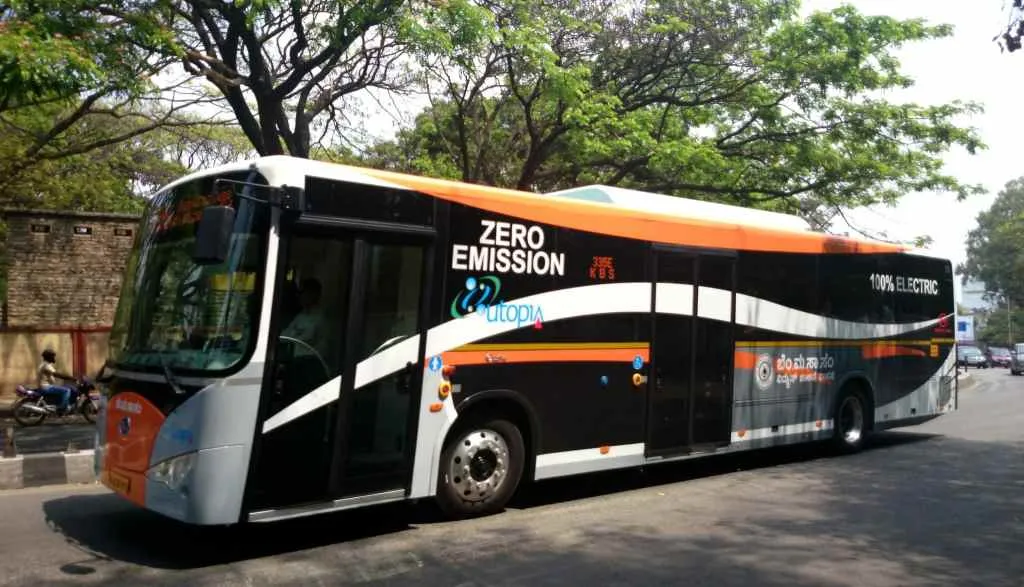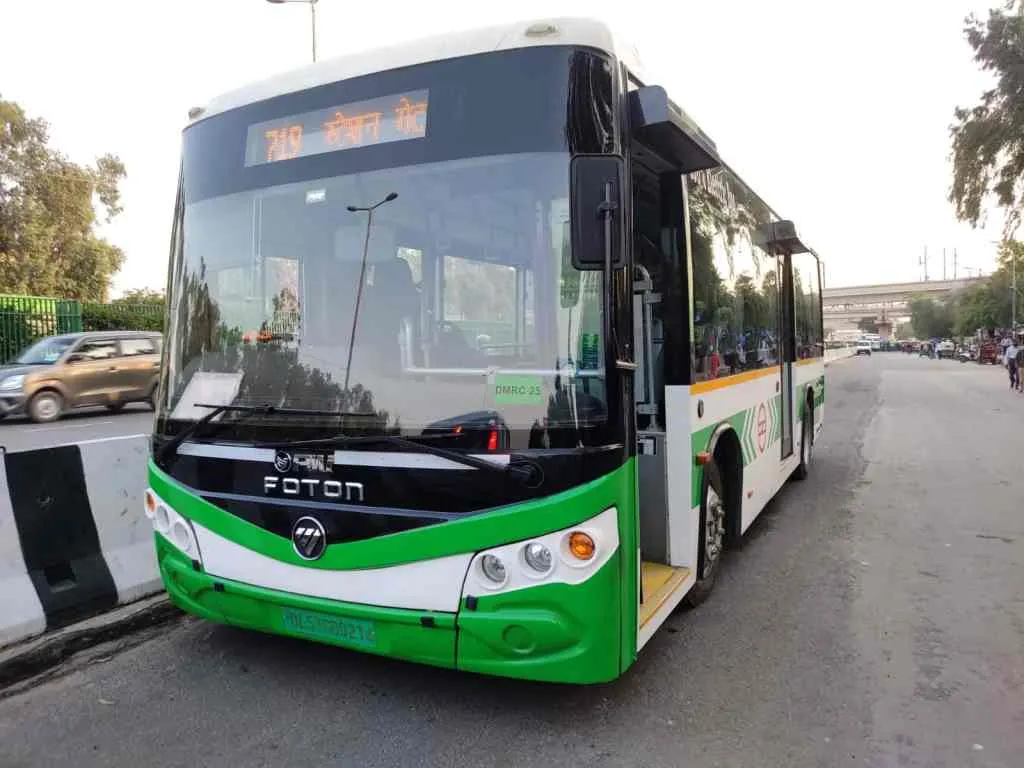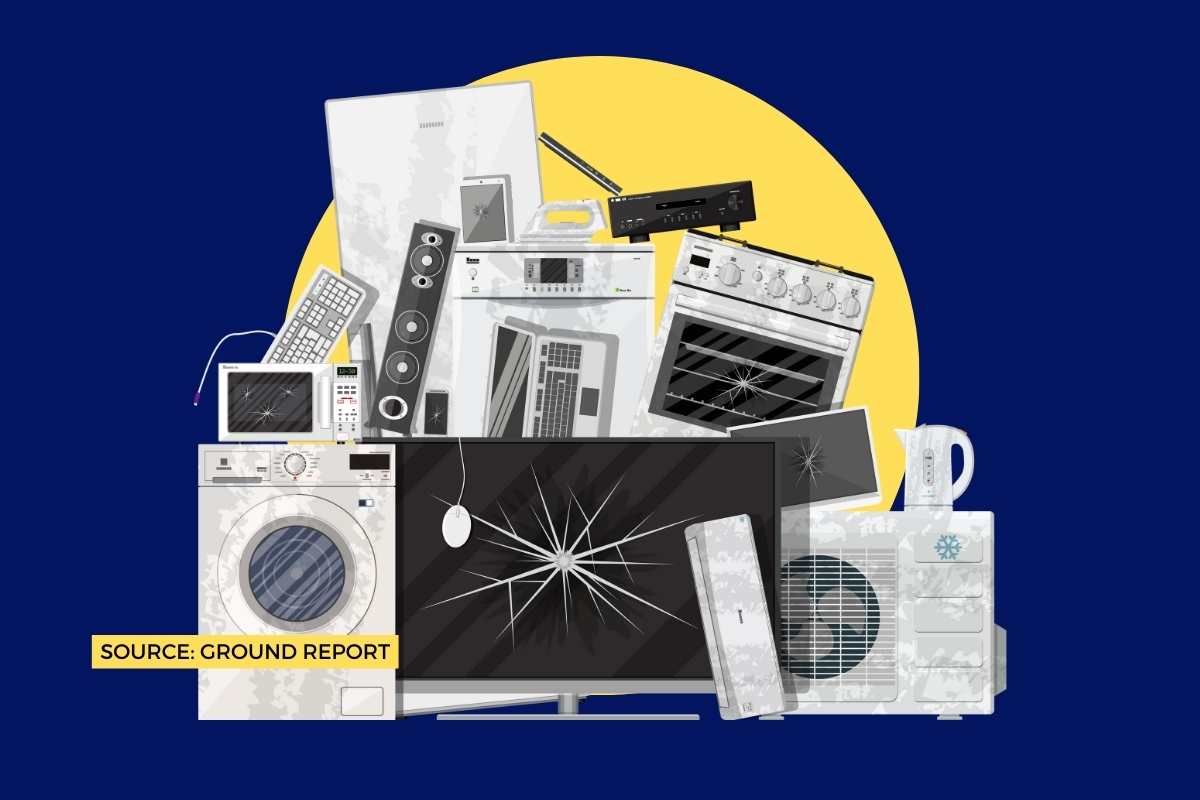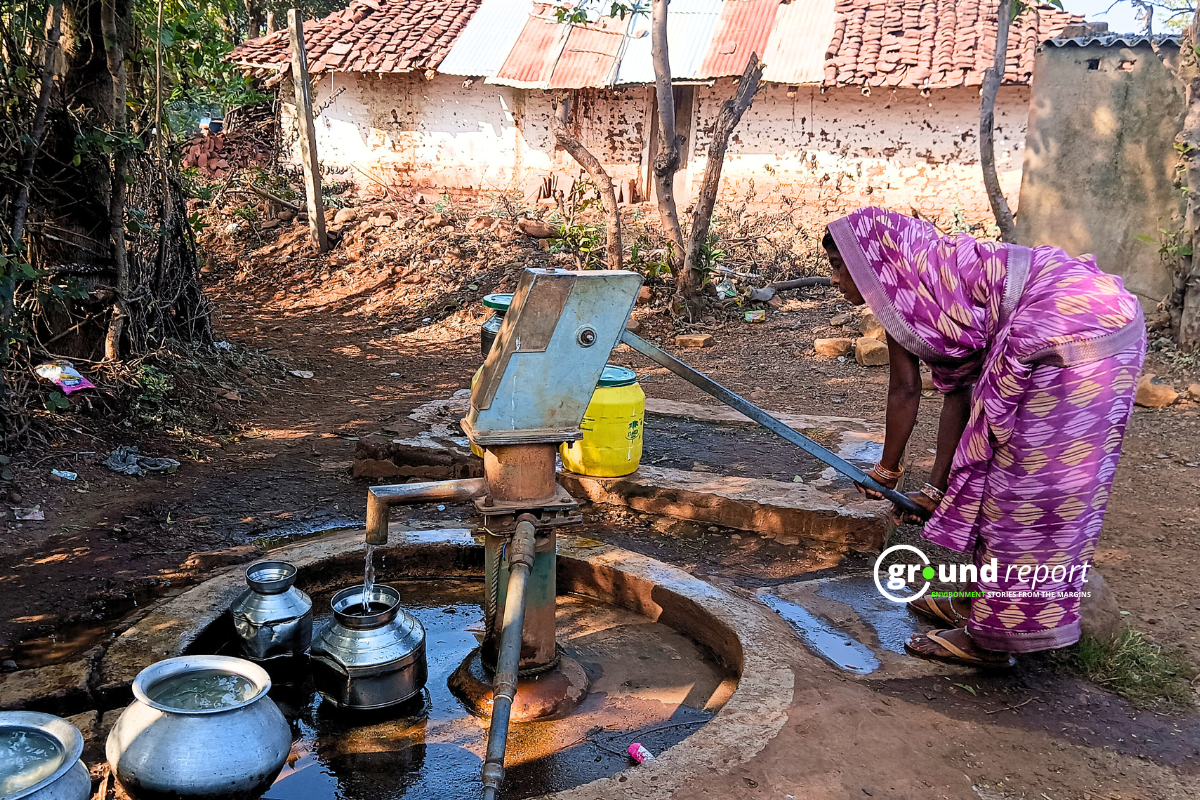School buses are an important part of any child going to a private school in India. According to the UDISE report 2021-22, there are 3,35,844 private schools in India. Most of these schools to provide better transportation services to the students have school buses running. These buses are still running on the same energy resources that have impacted our environment for a long time petrol and diesel.
Even though India is taking small strides towards making transportation in the Indian environment safe and sustainable by introducing electric buses in cities like Delhi, there is still a long way to go.

Impact on children
School buses should be converted into electric vehicles because of their proximity and involvement with the lives of children every day. A child using the bus service from their Montessori education to high school will approximately take that bus to school almost every day for fourteen years. Hence, the need to prioritize a children’s health becomes extremely important.
Read more here: Diesel exhaust, school buses and children’s health
Most school buses that are operated on diesel have diesel fumes recirculating in the air. For instance, a child riding in the back of a diesel school bus is exposed to four times more diesel emissions than a child riding in a car in front of that bus. No parent or guardian would want their children to breathe and belch the toxic fumes that are circulating in the air.
As for environmental concerns, the world is already thinking and planning to move towards a low-emission transportation system with electric and battery-operated vehicles for a cleaner environment. The move towards electric school buses will just accelerate the process and ensure good health for school-going children.
Conclusion

According to The Indian Express, citing government data, the cost of buying and operating electric buses has significantly decreased.
There are various government schemes promoting the localization of batteries for electric vehicles. Scheme like Faster Adoption and Manufacturing of Electric and Hybrid Vehicles, or FAME, and Productivity-Linked Incentives for Auto and Advanced Chemistry Cell Battery Storage is making electric vehicles more affordable.
Quite like the United State government, the government might provide initial grants to help these schools for a suitable transition to electric buses. The initial process of buying can be pushed by government interventions and public solidarity. Government and private companies are already investing in establishing charging stations for electric vehicles, now school routes are also being taken into consideration.
This ensures better health for children and simultaneously instills greater faith in electric vehicles.
Read more here: HOW ELECTRIC BUSES ARE IMPROVING BUS OPERATIONS IN INDIA
Hence, transitioning to electric school buses not only will have an impact on the neighborhood of schools where young people spend most of their time but will also be an important step towards the nation’s green policy steps.
Support us to keep independent environmental journalism alive in India.
Keep Reading
MP farmers battle stray animals, and sleepless nights to protect crops
Pesticides and agriculture threaten Sarus Cranes at Indore’s Yashwant Sagar wetland
Changing weather patterns impacts soybean crops in the Dewas region of MP
Follow Ground Report on X, Instagram and Facebook for environmental and underreported stories from the margins. Give us feedback on our email id greport2018@gmail.com.
Don’t forget to Subscribe to our weekly newsletter, Join our community on WhatsApp, Follow our Youtube Channel for video stories.









